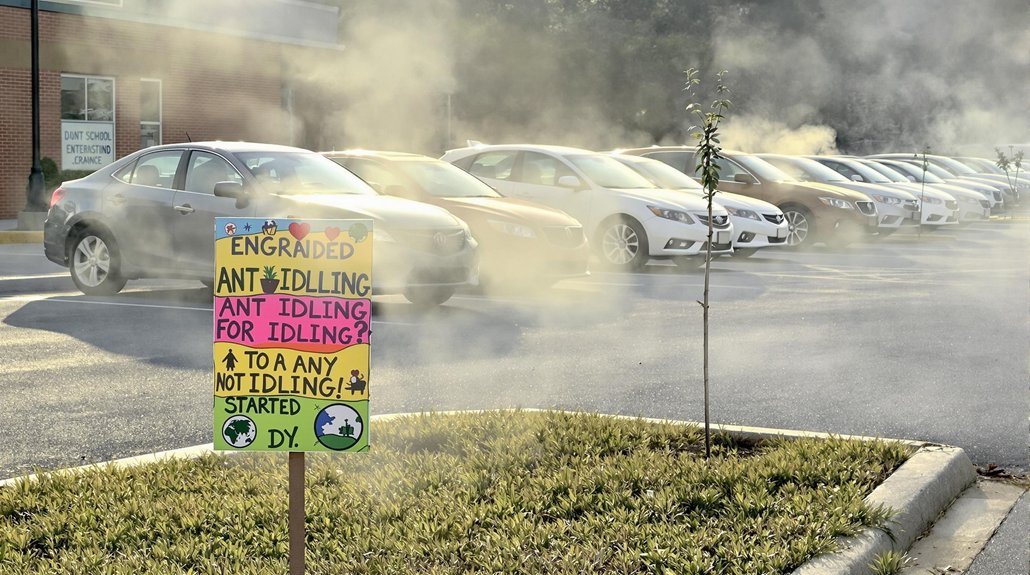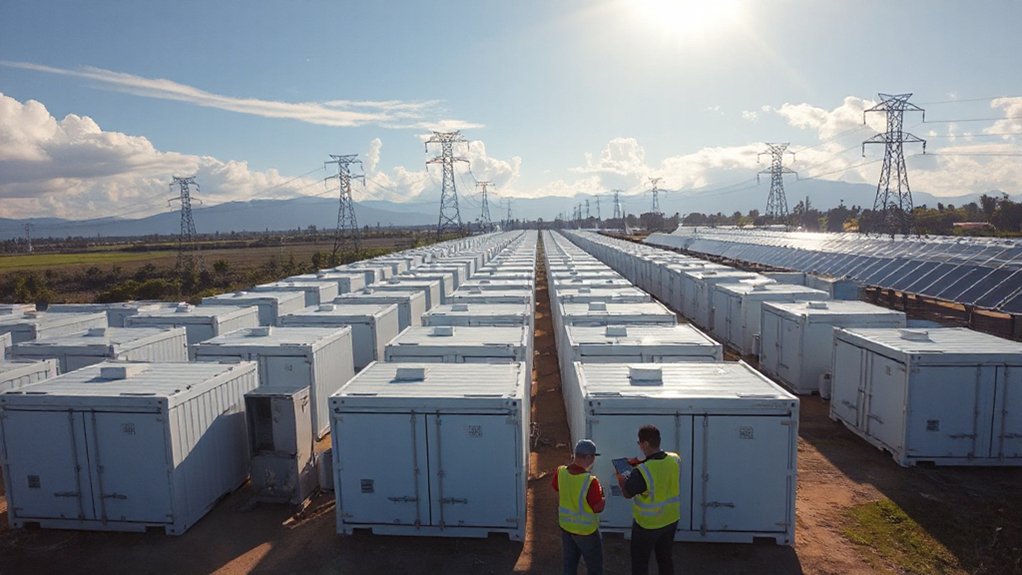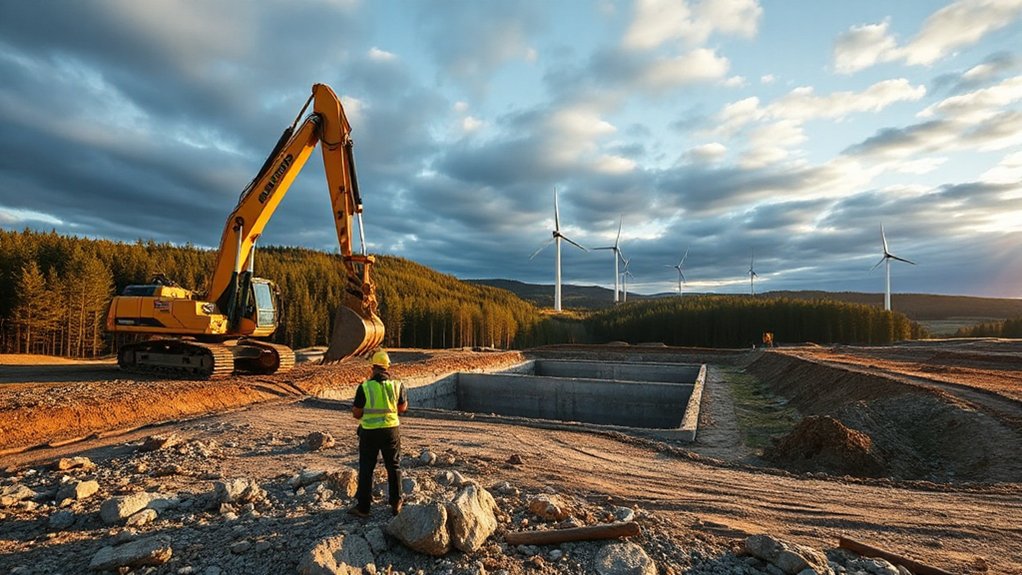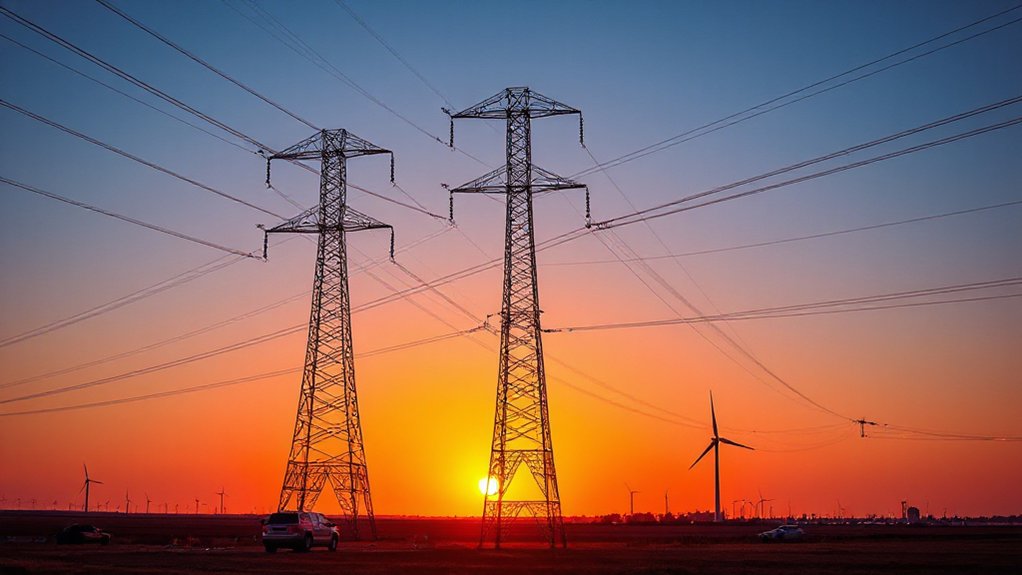Despite Michigan’s ambitious plan to reach carbon neutrality by 2050, the state’s climate goals now face serious threats from multiple directions. The expansion of data centers is creating an energy crisis as these facilities are expected to double Michigan’s electricity demand. This surge comes at a critical time when the state is trying to reduce its carbon footprint.
Michigan has made progress, cutting greenhouse gas emissions by 19% since 2005. The state is working toward a 28% reduction below 1990 levels by 2025. However, the massive energy needs of new computing infrastructure may force Michigan to rely more on fossil fuels, undoing years of progress. The shift is especially concerning as solar and wind power are projected to surpass coal generation by 2025 globally.
The MI Healthy Climate Plan, established under Executive Directive 2020-10 and Executive Order 2020-182, made Michigan the 9th state to commit to carbon neutrality. This commitment followed extensive talks with businesses, communities, and experts across the state. The plan was developed with input from the Council on Climate Solutions to ensure comprehensive strategies for achieving emission reduction targets.
Michigan’s carbon neutrality pledge emerged from a collaborative effort, engaging stakeholders across all sectors of the state.
Environmental justice is a key part of Michigan’s climate strategy. Many low-income communities and people of color have suffered from pollution for decades. The climate plan aims to reduce breathing problems and asthma caused by fossil fuel emissions. These communities have already experienced extreme weather, including record floods and severe cold snaps.
Federal policy changes create additional uncertainty. Reduced support for environmental justice and possible deregulation threaten funding for clean energy projects. Rural and poorer communities might lose financial help for projects that would protect them from climate impacts.
The shift to clean energy isn’t just about the environment—it’s also about jobs. Michigan’s climate plan was designed to create new opportunities in renewable energy and efficiency. If rising energy demands from data centers derail climate goals, these job opportunities could vanish.
Without rapid grid modernization and careful planning, Michigan faces a difficult choice between meeting growing energy demands and keeping its promises on climate action. Transit advocates are pushing for significant funding increases to improve public transportation in Detroit, which could help reduce emissions from private vehicles. The decisions made now will shape both the state’s environmental future and the health of its communities.
References
- https://www.ecocenter.org/governor-whitmer-establishes-climate-neutrality-goal-and-council-climate-solutions
- https://www.michigan.gov/egle/about/organization/climate-and-energy
- https://planetdetroit.org/2025/01/trump-environmental-justice-michigan/
- https://www.michigan.gov/egle/about/organization/climate-and-energy/mi-healthy-climate-plan
- https://www.michiganpublic.org/environment-climate-change/2025-01-22/egle-report-says-michigan-on-track-to-meet-climate-goals









